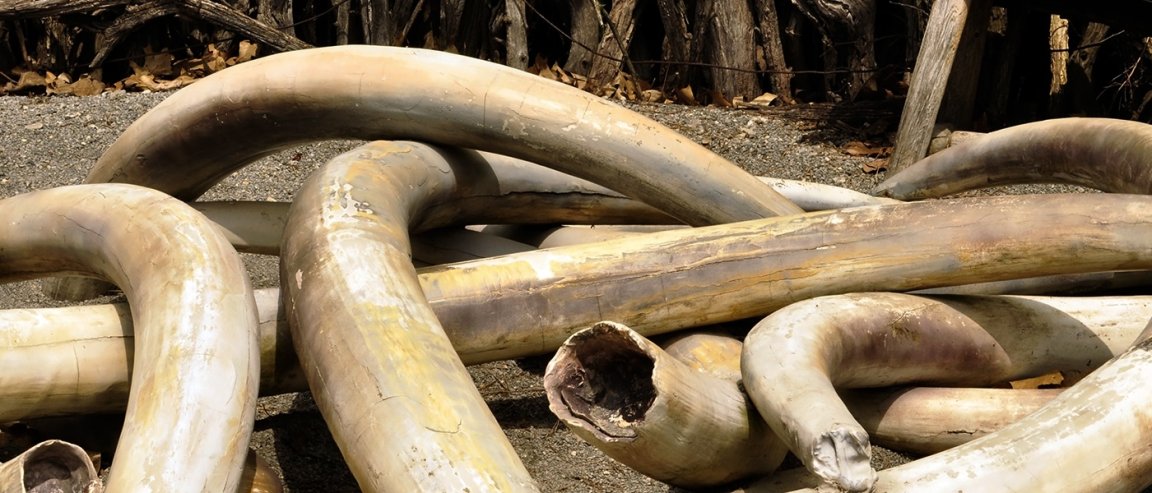
They Never Forget
Elephants across the world are in grave danger of extinction. Depending on the species, elephants range from being considered vulnerable to endangered on the spectrum that categorizes the threat of animal extinction. Populations of the majestic creature are drastically declining, and humans are to blame.
Developing land for human occupation encroaches on the animals’ natural habitats, and agriculture in elephant habitats puts their populations at additional risk since easy access to a quick meal of a farmer’s crops can destroy human livelihoods and lead to retaliation against the animals. Still, the biggest threat to elephants are poachers hunting them for their ivory. Figures from 2015 show that about 20,000 elephants were killed during that year, which is more than were born.
Surprisingly, human encroachment and poaching may be more closely entwined than one may initially imagine. The increased demand for land continues to move people into elephant territory, and poaching provides a means of both securing ivory as a commodity and removing elephants from land, leaving it free to develop. According to an assessment led by the United Nations Environment Programme, by 2050, 63 percent of elephant rangelands will be taken over by humans.

Neutralizing Poaching
A significant effort was undertaken in the 1980s to end the ivory trade, which culminated in an international ban on the practice. The ban was successful until organized crime and political corruption stepped in and allowed demand to boom. In 2011, poaching was responsible for 75 percent of all elephant deaths.
The international ban did include a glaring loophole that allowed the practice to continue well after it went into effect: ivory procured prior to the start of the ban could still be sold. This allowed illegal traders to claim that ivory was older even when pieces were freshly poached.
China has finally made a bold move to put an end to this barbaric practice once and for all. The Chinese government has developed a plan to completely shut down ivory markets by making all trade illegal by the end of 2017. “It’s a game changer and could be the pivotal turning point that brings elephants back from the brink of extinction,” said Elly Pepper at the Natural Resources Defense Council.
Conservationists hope that this sweeping move by China will embolden other nations to enact similar bans. Elephants need to be given a fighting chance to recover, and ending poaching is the best way to start.